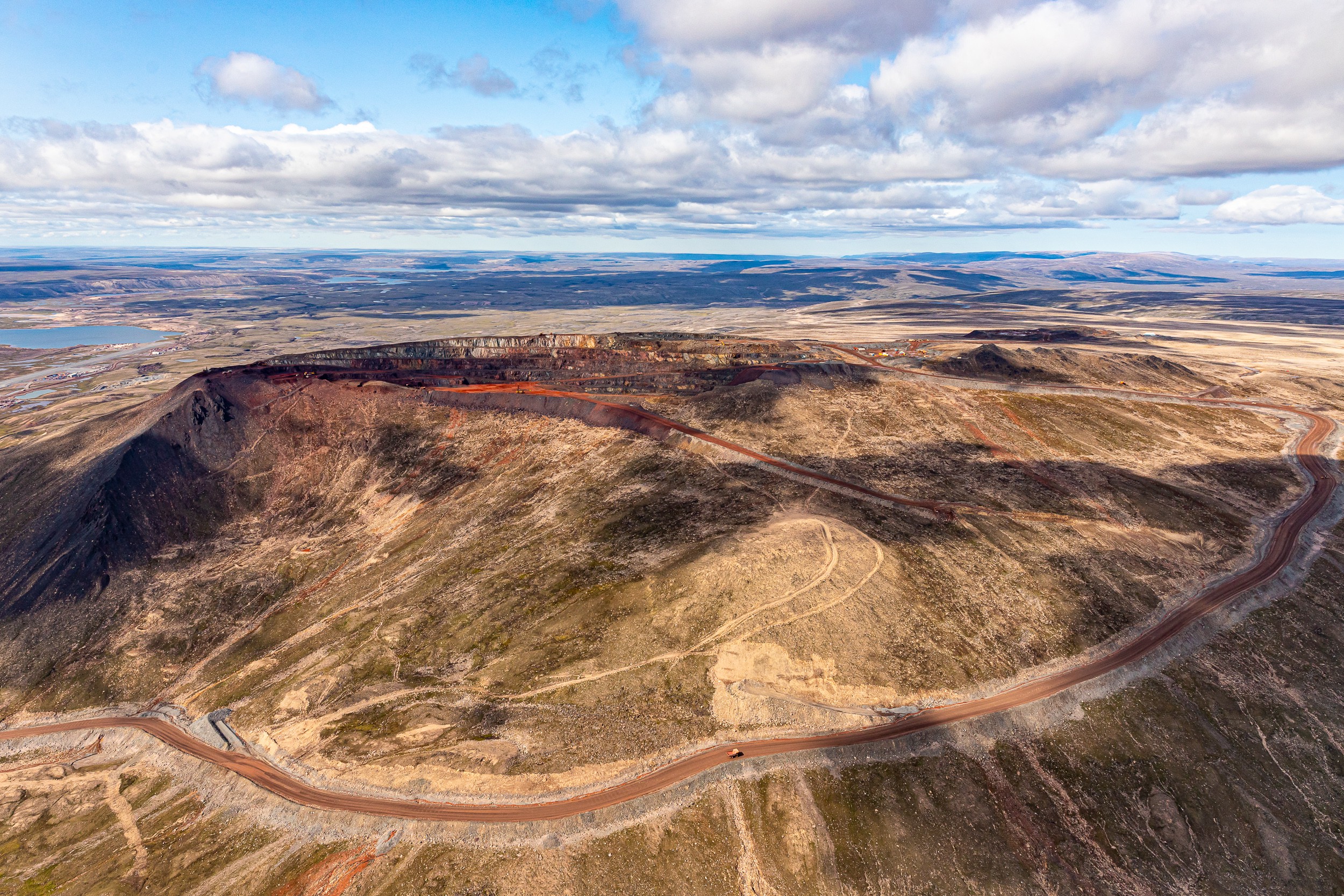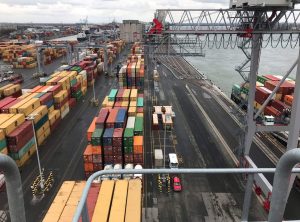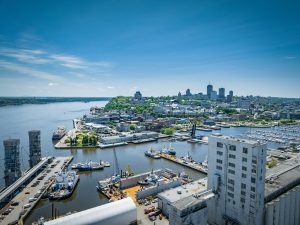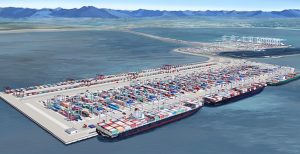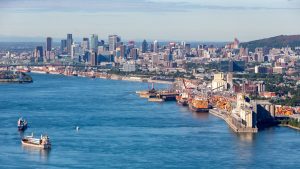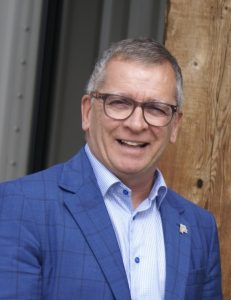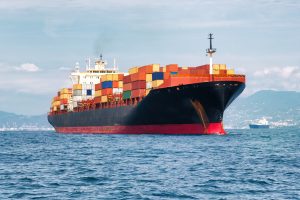Baffinland Iron Mines Corporation and ROGESA Roheisengesellschaft Saar mbH have strengthened their cooperation by signing a Memorandum of Understanding (MoU) to further investigate the use of Nunavut high-grade iron ore in low carbon ‘green’ steel production.
Low carbon green steel forms the basis of the transition to clean sources of energy and is necessary for virtually every aspect of global decarbonization. Having high-grade iron ore is a prerequisite for producing green steel. Baffinland iron ore has superior chemistry combined with first-rate metallurgical properties
Baffinland and ROGESA have a long-standing relationship for ROGESA’s use of Baffinland’s Iron ore fines and lumps. Over recent years, the reduction of CO2 has become a priority for both companies, and each are studying the reduction of emissions. The emissions reduction program under implementation by ROGESA based in Germany requires the high quality iron ore which can be supplied by Baffinland.
Starting immediately, Baffinland and ROGESA are beginning new research on optimal raw materials feed strategy for the direct reduction process; and a desktop study on optimizing the Scope 3 emissions in the whole supply chain for both companies, from mining, freight and logistics through to the processing and use of the raw materials.
“We are delighted to continue our long-standing and mutually beneficial relationship with ROGESA,” stated Brian Penney, Baffinland’s Chief Executive Officer, “Cooperating with ROGESA in realizing environmentally compatible steel production has been a priority of Baffinland. The reduction of CO2 emissions is the key to global decarbonization in the steel industry. We believe reducing those emissions, across the entire supply chain, from mining, freight and logistics through to the processing and use of the raw materials, is possible with Nunavut high-grade iron ore as a key component.”
(Photo of Baffinland Mary River mine)


